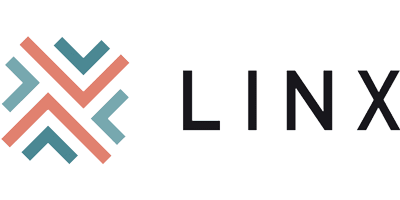Diversity and inclusion are becoming of increased importance within the business world, with organisations recognising they have a responsibility to ensure their workforce is truly representative of the communities they serve.
However, despite this increased focus on diversity and inclusion, some businesses are still yet to create their own strategy for increasing diversity within their workforce. Whilst some may have a strategy in place for their HR and talent attraction teams to follow, but this might not have been extended across the channels they use to engage temporary and contract workers.
It’s important to make sure your organisation has an effective equity, diversity and inclusion (ED&I) strategy in place so that you can attract the best possible talent from all kinds of backgrounds. This importance increases further when businesses are looking to secure the best skills and expertise within the heavily competitive contracting community.
The need for an equity, diversity and inclusion strategy
Diversity and inclusion are key business issues in today’s global market. Diversity refers to the differences between people, while inclusion refers to all members being treated equally with respect and dignity. Equity, perhaps a relatively new terms for some businesses, extends inclusion even further – looking at how the playing field can be levelled to ensure that everyone has the right resources and support to achieve their best. Recognising this may look very different for each person.
To be successful, organisations need an ED&I strategy that embraces differences in race, gender, age and disability among the other protected characteristics identified under the UK Government’s Equality Act 2010.
Why is an equity, diversity and inclusion strategy important?
Diversity and inclusion are crucial for your business to attract the best talent. You need a diverse workforce if you want to offer your customers a wide range of relevant and innovative products or services. Engaging as many people with different perspectives, ideas and knowledge together to allow new ideas through collaboration and varying viewpoints.
Extending ED&I across your contractor workforce
For organisations who engage temporary workers to support with projects and specialist works, it’s equally as important to focus on ED&I within your recruitment supply chain. Looking at how your recruitment suppliers are tackling key topics such as unconscious bias, local inequality challenges and inclusion recruitment processes.
“In order to achieve true diversity across the entire workforce, it’s crucial to consider the extended contractor workforce and engage the wider recruitment supply chain.”
– Richard Hanson, Linx Client Services Director
Taking a deep dive into how effective your supply chain is in attracting a diverse mix of candidates, can help you to identify any key areas where improvements could be made – and more opportunities to reach a wider more representative audience.
Engaging the right ED&I partner
By taking a consultative approach, and engaging with a Workforce Solutions provider such as Linx, you’ll be able to undertake a thorough review and assessment of how ED&I is managed within your supply chain.
They’ll undertake a comprehensive review to understand current recruitment activities, and evaluate the consistency of processes across your various suppliers. Before reviewing these against your company’s ED&I strategy to monitor your supply chain’s effectiveness in meeting your inclusion objectives and diversity processes.
The result is a clear direction to boost your recruitment supply chain’s equity, diversity and inclusion performance.
Looking to create your own ED&I strategy first?
If you’re looking for support to formalise your business’ ED&I strategy, then our insight guide takes you through shaping an equity, diversity and inclusion strategy for your organisation.
CONTACT US
If you need support to manage IR35 within your workforce or supply chain, then our team are happy to help.
